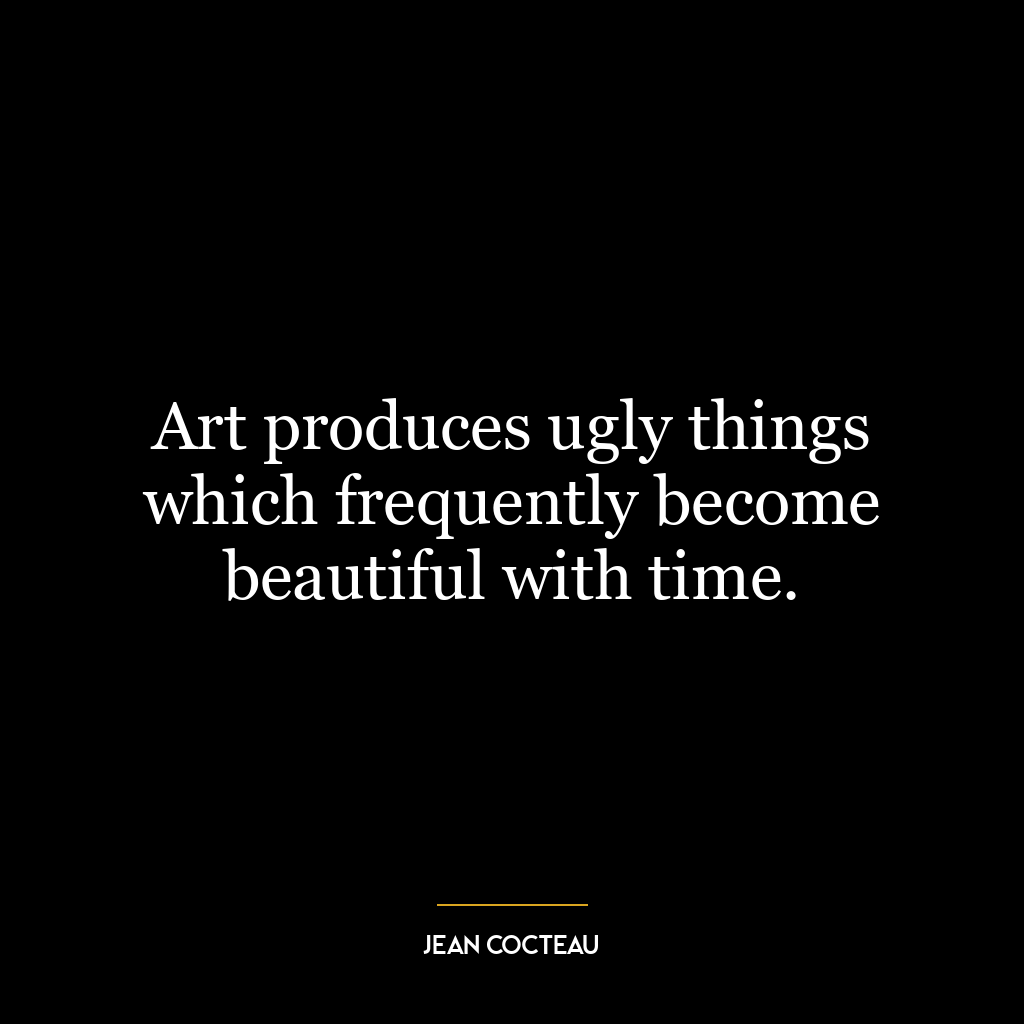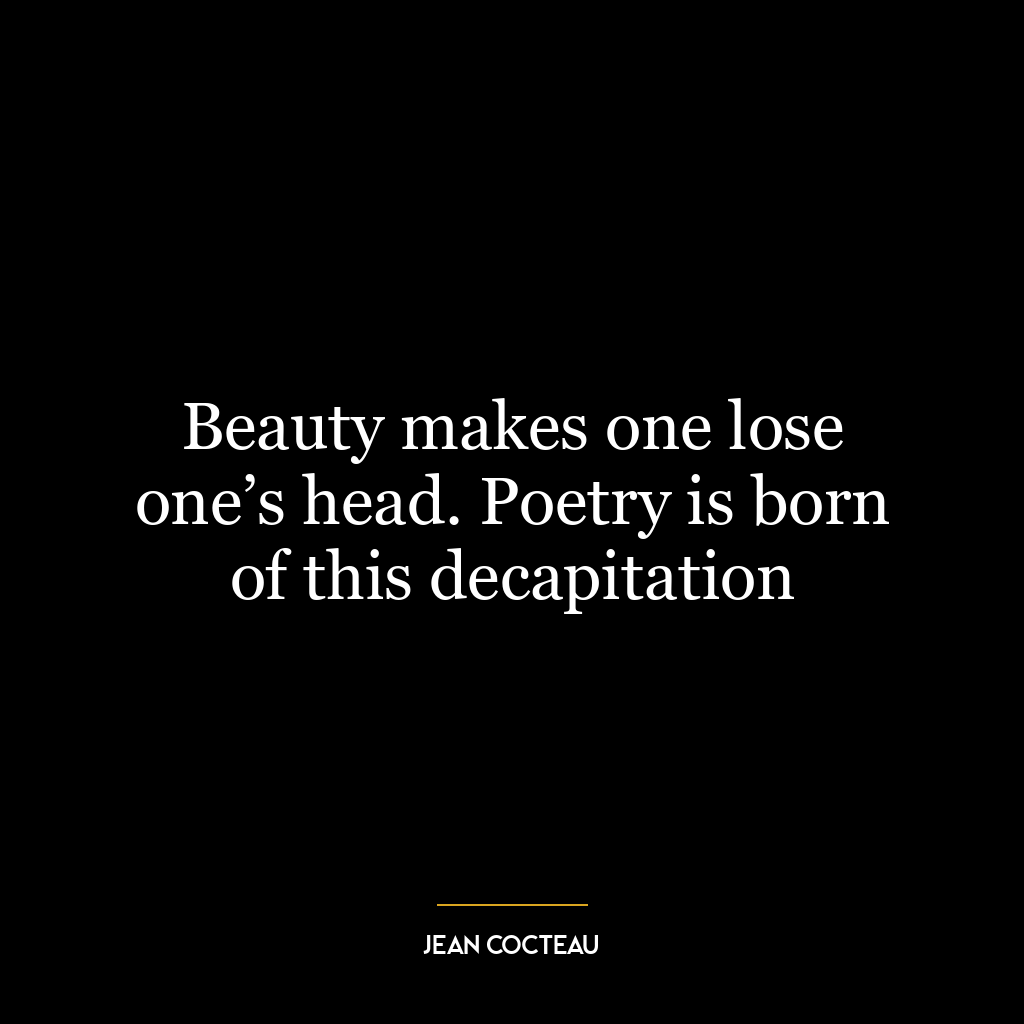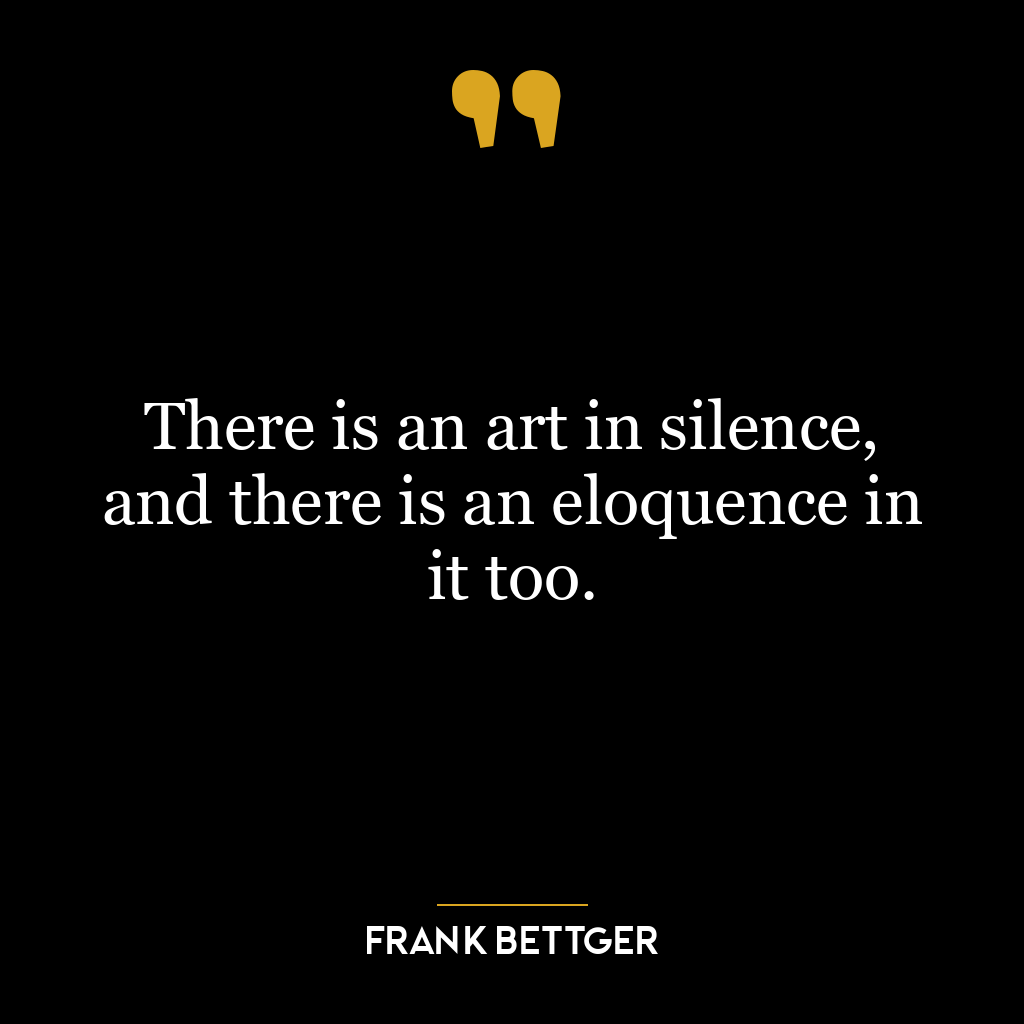This quote suggests that just as the essence of a person’s grace or virtue lies in their mind, the beauty of the mind is reflected through eloquence, or the ability to express oneself effectively and persuasively. In other words, the mind’s true beauty is not in its capacity to store information or solve problems, but in its ability to communicate thoughts, feelings, and ideas in a compelling and articulate manner.
The first part of the quote, “the grace of man is in the mind,” implies that our true value or worth is not determined by physical attributes or material possessions, but by our thoughts, beliefs, and mental capabilities. It is our minds that shape our character, determine our actions, and ultimately define who we are as individuals.
The second part of the quote, “the beauty of the mind is eloquence,” suggests that the most admirable quality of the mind is its ability to convey thoughts and ideas in a clear, persuasive, and captivating manner. It’s not enough to have a mind full of knowledge and ideas; what truly matters is our ability to share those ideas with others in a way that is engaging, compelling, and impactful.
In today’s world, this quote is particularly relevant in the context of personal development and leadership. In an age dominated by information and technology, the ability to communicate effectively is more crucial than ever. Whether it’s delivering a presentation at work, negotiating a business deal, or simply having a meaningful conversation with a friend or family member, eloquence can be a powerful tool for influencing others, building relationships, and achieving personal and professional success.
Moreover, this quote also underscores the importance of continual learning and intellectual growth. It reminds us that our minds are our most valuable assets, and that by nurturing our minds and honing our communication skills, we can enhance our value as individuals and make a positive impact on the world around us.








